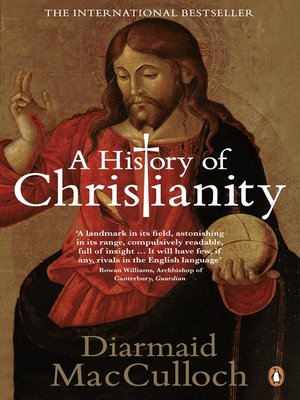

The Council began the wedding of the two entities that lasted for a thousand years.Ĭhapter three concerns the Council of Chalcedon in 451. (63)” Before Nicaea, there was a clear demarcation between the Christian church and the world. Noll writes, “…Nicaea bequeathed a dual legacy-of sharpened fidelity to the great and saving truths of revelation, and also on increasing intermingling of church and the world. It represented one of the most important moments in Christian history for two reasons.

The council was called by Emperor Constantine to hammer out theological issues which had been inflamed by political maneuvering in the church. Nicaea was the first ecumenical council brought together to deal with one of the most important doctrines in Christianity, the deity of Jesus Christ. Chapter two concerns the council of Nicaea which convened in 325. The canon, the creeds, and the episcopate held the church together and moved it into other regions and in contact with other cultures outside of the Jewish world after the Romans decimated Jerusalem. Before the rupture, Christianity was viewed as an appendage to Judaism in very important ways. Roman and Jewish antagonism reached its peak with the destruction of Jerusalem which ended the sacrificial system, the priesthood, and the temple services. The first decisive point was the Fall of Jerusalem in A.D. Noll builds his work around twelve decisive moments that shaped the church for years to come. Noll has been awarded numerous accolades including the National Humanities Medal from President George W. The author has penned over twenty other books including The Scandal of the Evangelical Mind, The New Shape of World Christianity: How American Experience Reflects Global Faith, and Jesus Christ and the Life of the Mind. Noll specializes in Christianity in America and Canada, Christianity during the Civil War era, and Global Christianity. The work grew out of a pastoral need in his Church to teach a history course to adults and would eventually become a seminary course itself at Wheaton College.

In his work Turning Points: Decisive Moments in the History of Christianity, the author seeks describe the twelve most important or formative events in the past 2000 years of Church history. His work has helped define and refine evangelical Christian convictions in light of history. He is an acclaimed and well-known historian whom Time magazine named one of the most influential evangelicals in America. McAnaney Professor of History at the University of Notre Dame.


 0 kommentar(er)
0 kommentar(er)
